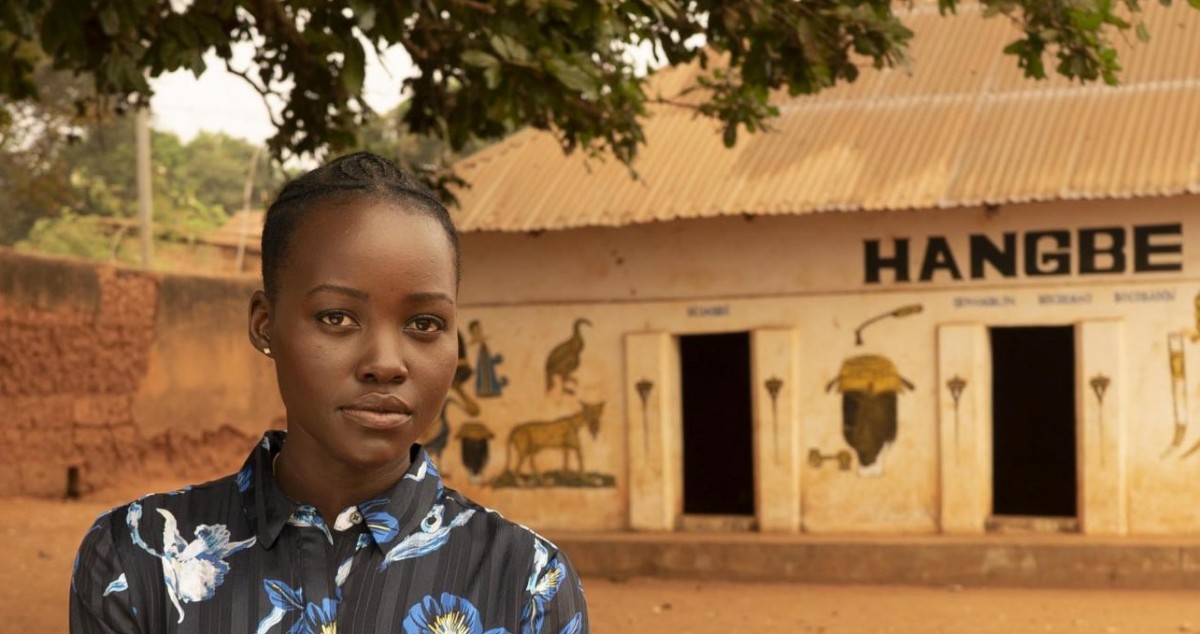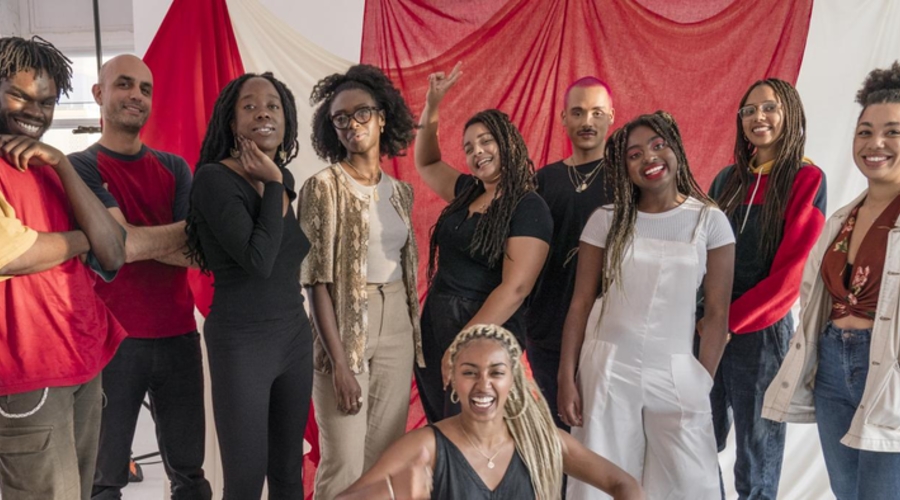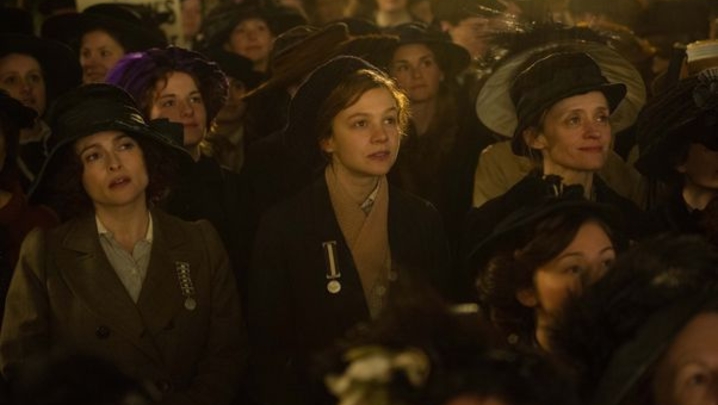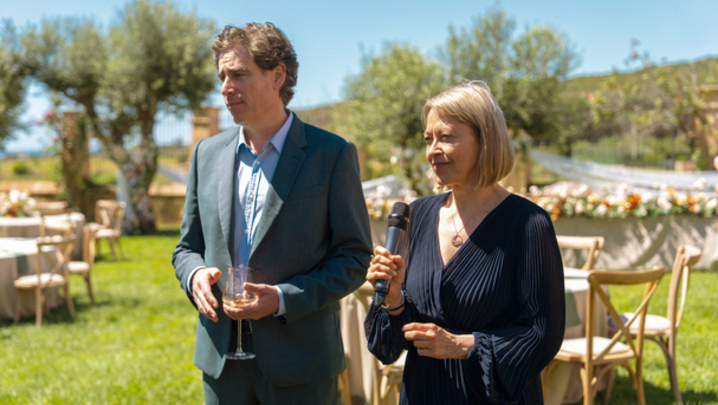Channel 4 has lined-up a series of films and documentaries to celebrate Black History Month this October, showcasing a combination of influential classics and new bold visionaries.
gal-dem, an online and print publication committed to sharing the experiences of women and non-binary people of colour, will delve into Channel 4’s archives to curate a Black British History collection.
The six titles that have been selected each comment on the black British experience and will be accompanied by six new short films.
The new films will see members of the gal-dem community interview individuals related to the original films.
The six titles are Just like Mohicans, Desmond’s, Justice for Joy, The Event: How Racist Are You, Chewing Gum and Black Lesbian Handbook.
gal-dem commented that their aim is to raise questions about how far things have come in 2019 and start new discussions.
They said: “Who has the Windrush scandal ignored? Who owns queer? Would the black British experience be any different without church? Does British TV really represent black people? Why are white people so committed to the idea of white superiority? Can onscreen stereotypes ever be a force for good?”
Channel 4 will also be showcasing new young talent, with six new short films from black directors exploring the theme of ‘Black Britain’.
The films were commissioned by Random Acts and will be available to watch on the Random Acts YouTube channel.
“This is content which provides a lens for the entire nation of what it means, not just to be ‘black British’, but to be British today.”
Dark Matter an experimental science documentary built on a racial metaphor, comes from award-winning director and Random Acts alumnus, Adeyemi Michael.
The Muse by Anna Fearon provides an intimate insight into how women and non-binary people of colour see themselves.
The Gift by Dumas Haddad delves into the world of grime in 2003, looking at its roots and origins before it became what it is today.
Ajamu: Joyful Insurrection by Stephen Isaac Wilson looks at how queer photographer and artist Ajamu x has explored subversive intimacy and black gay kink and sexuality from the 80s until now.
Everything Feels Like Water by Theresa Lola tackles the sensitive topic of mental health through music and visual metaphor.
Wither by Antoine Marc uses the medium of dance to explore how we are constantly evolving and the way that defines who we are.

Not just focusing on the black British experience, Channel 4 has commissioned a documentary, Warrior Women with Lupita Nyong’o, which follows Nyong'o across Benin in West Africa to discover the story of the ‘Agoji’, or the ‘Amazons’ as they’re labelled in Europe.
The stories of these women reveal that in armies of up to 4,000 strong, they fought against African and European powers from the 17th to the 19th century.
Further coverage will see four films by black filmmakers’ premiere on Channel 4.
The films include Barry Jenkin’s Oscar-winning drama Moonlight, Jordan Peele’s heart-racing thriller Get Out, Denzel Washington’s African American classic Fences and Wanuri Kahiu’s Kenyan tale of forbidden romance Rafiki.
The line-up also includes two film festival favourites from 2018, which will premiere on Film 4.
Night Comes On features rising star Darlene Fishback as an African American teenager who has just been released form a juvenile detention centre and is trying to deal with subsequent family issues.
Black Mother is an impressionistic documentary from artist and filmmaker Khalik Allah, exploring the heart and history of Jamaica.
Key titles from the Film 4 library will also be screened including Debbie Tucker Green’s powerful drama Second Coming starring Idris Elba and Babymother, a feminist musical set in the world of British Caribbean dancehall culture.
Fatima Salaria, Head of Specialist Factual at Channel 4, said: “We have an amazing line up of DYNAMIC shows – from the authentic voice of gal-dem to exciting new talents coming through our Random Acts strand to the fascinating journey undertaken by Lupita Nyong’o, one of the world’s most high-profile actors.
“This is content which provides a lens for the entire nation of what it means, not just to be ‘black British’, but to be British today.”









